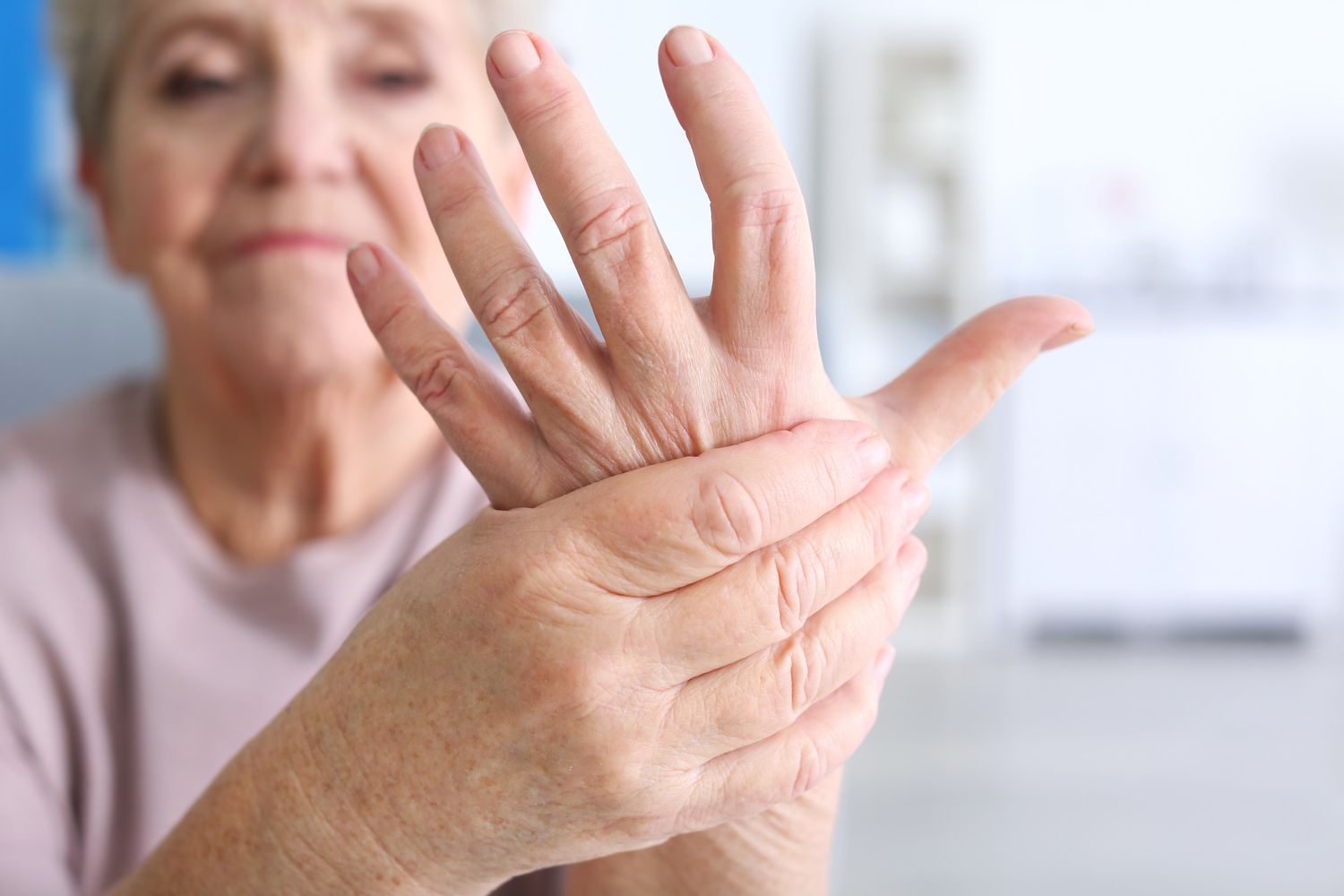
Early Parkinson’s Disease Symptoms
Parkinson’s disease (PD) can be a daunting condition that affects the central nervous system, leading to various challenging symptoms. As the disease progresses, day-to-day activities can become increasingly difficult, impacting the patient’s overall quality of life and requiring a supportive care partner. However, early detection and treatment can make a significant difference in managing symptoms, especially when you receive prescriptions to help, like Austedo XR medications for PD. Let’s explore some of Parkinson’s early symptoms:
1. Tremors
The characteristic sign that raises concern for Parkinson’s is tremors. It usually begins as a slight shaking in the fingers or hand and may gradually progress to more noticeable or significant trembling, spreading to areas like the face, neck, legs, jaw, and arms. These tremors can interfere with everyday activities, such as eating, tying shoes, and writing, making it a very frustrating symptom to deal with.
2. Muscle stiffness
Feeling like you can’t relax due to muscle rigidity and tightness is a common early symptom of Parkinson’s. This stiffness can affect one or both sides of the body, causing discomfort in the affected muscles or joints and even affecting your sleep quality.
3. Loss of automatic reminders
Parkinson’s can impact the brain’s ability to initiate automatic reminders, like swinging your arms while walking or maintaining proper posture. This can lead to a stiff gait with reduced arm swing, and you may find yourself with stooped or rounded shoulders due to an unconscious lack of postural adjustments.
4. Fatigue
Parkinson’s can bring unpredictable energy levels, leading to persistent fatigue. While you may have days filled with energy, other days might leave you feeling drained even after a nap or a good night’s rest. This fatigue is believed to be linked to chemical changes in the brain and can also manifest as mental fatigue and difficulty concentrating.
5. Decreased mobility
Parkinson’s stiffness and rigidity can limit your range of motion and decrease your mobility. Simple tasks like getting out of a chair or walking can become more challenging, and you may notice a change in your walking pattern, taking on more of a shuffling movement.
If you notice any of these early signs in yourself or a loved one, seeking medical attention promptly is crucial. Early diagnosis and proper management can significantly improve the long-term outcome and quality of life for individuals living with Parkinson’s disease.


